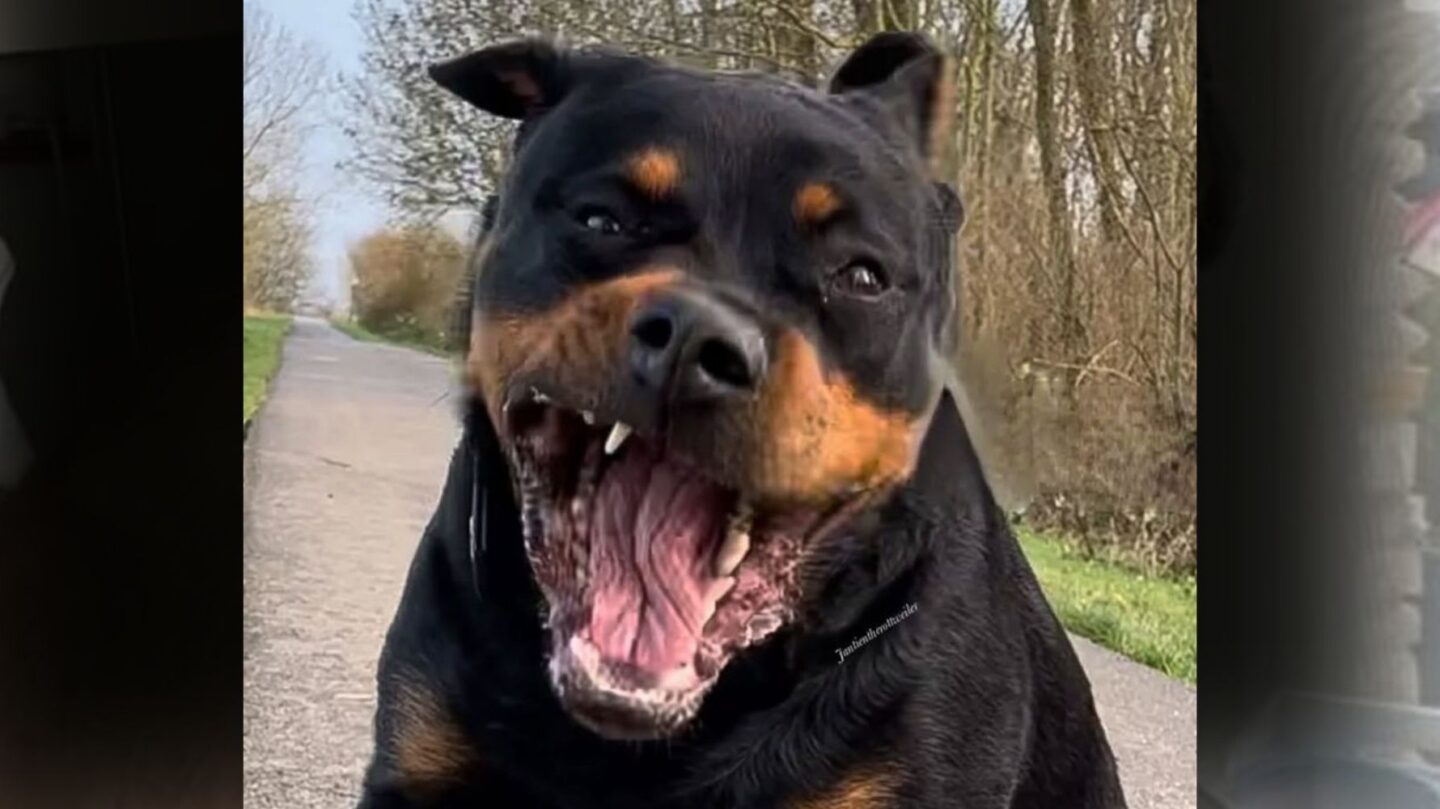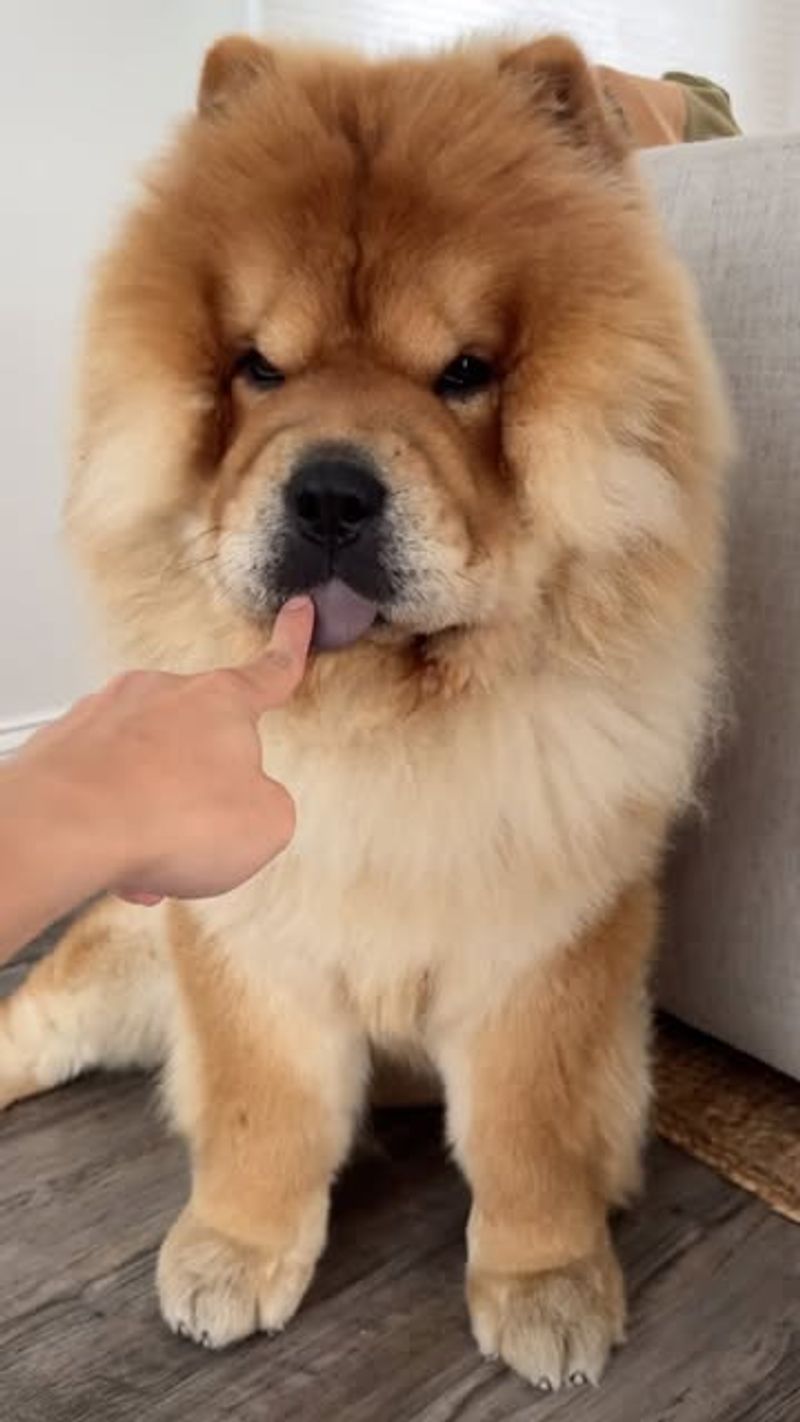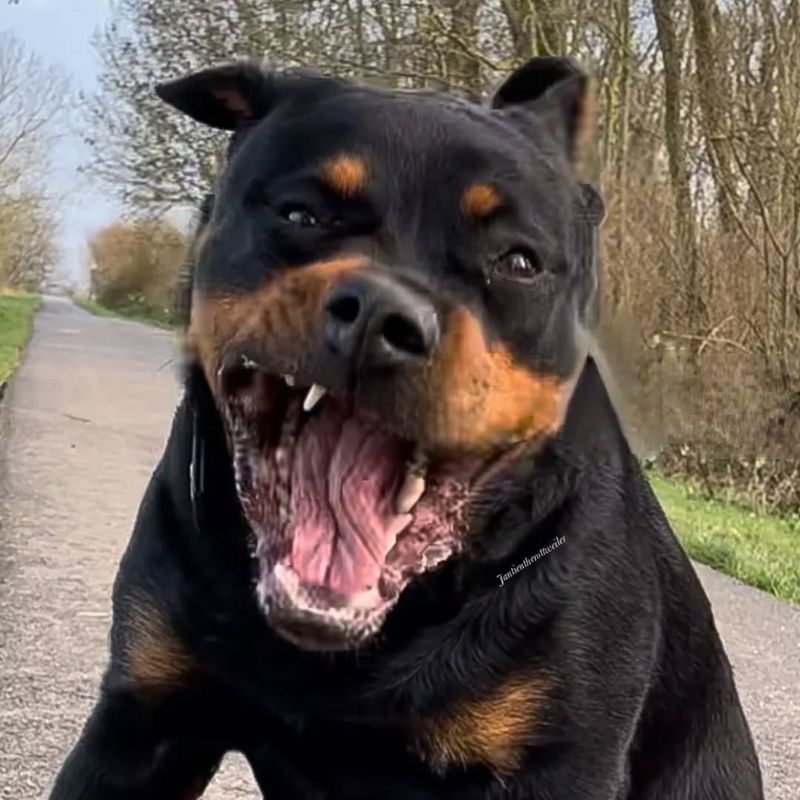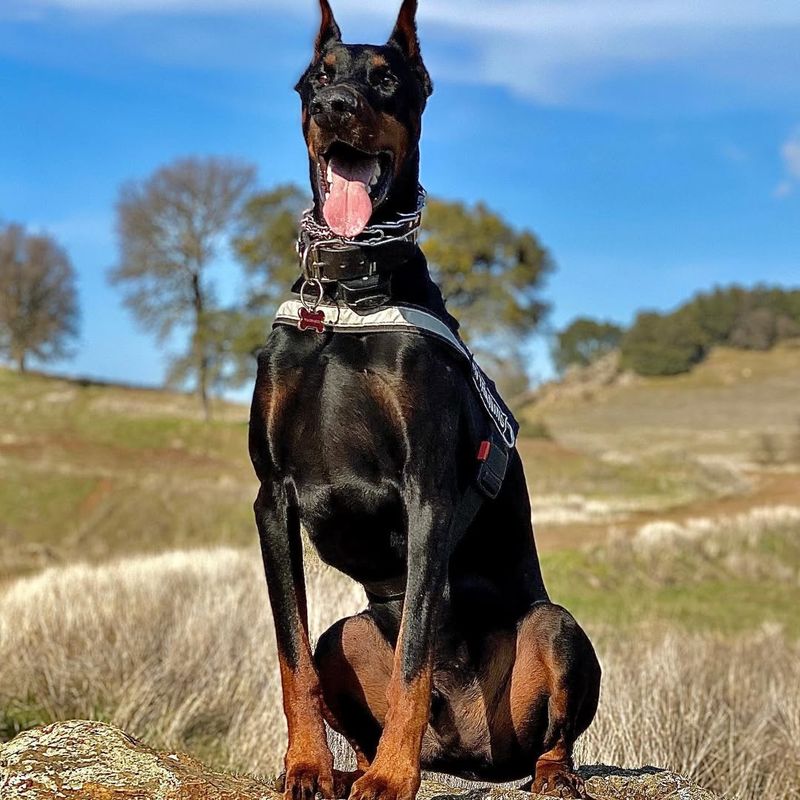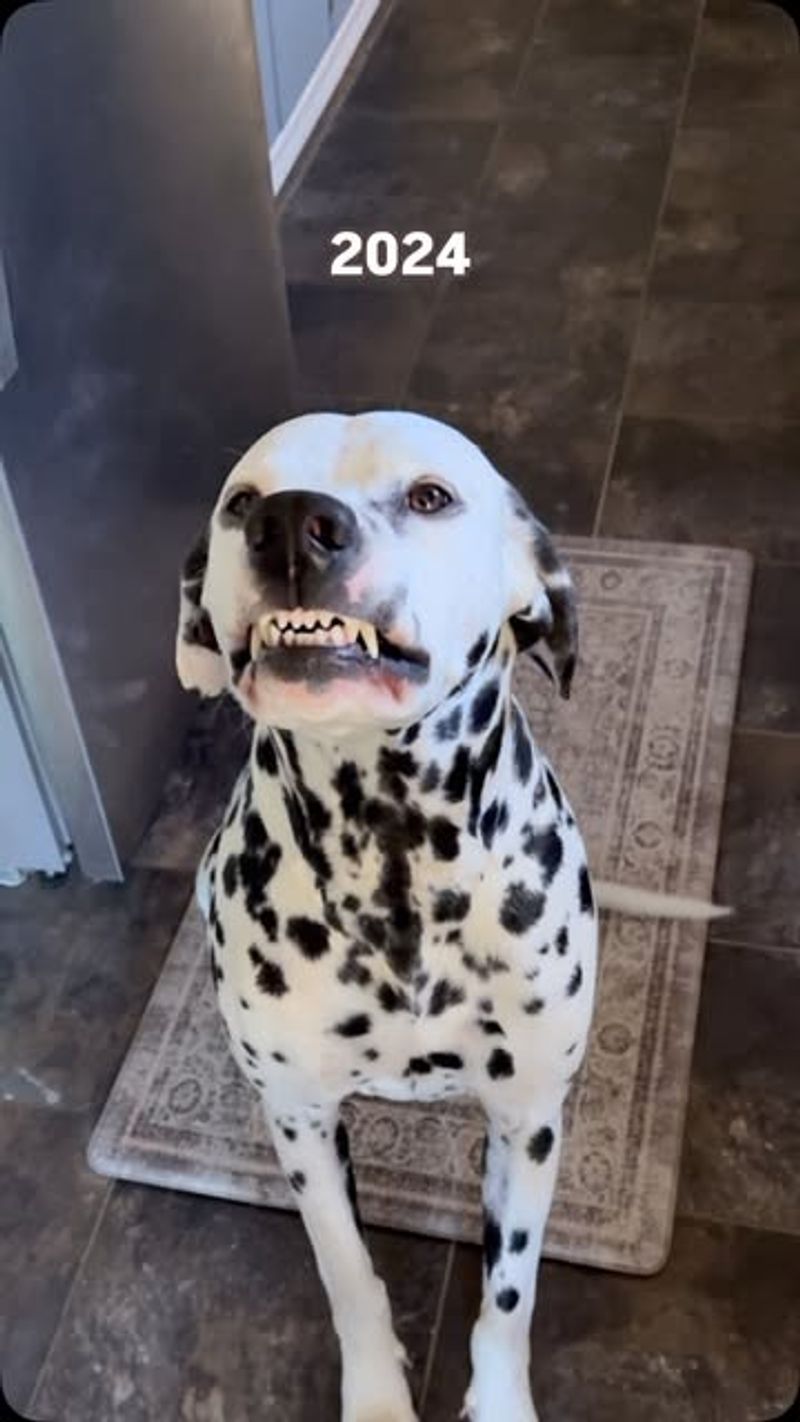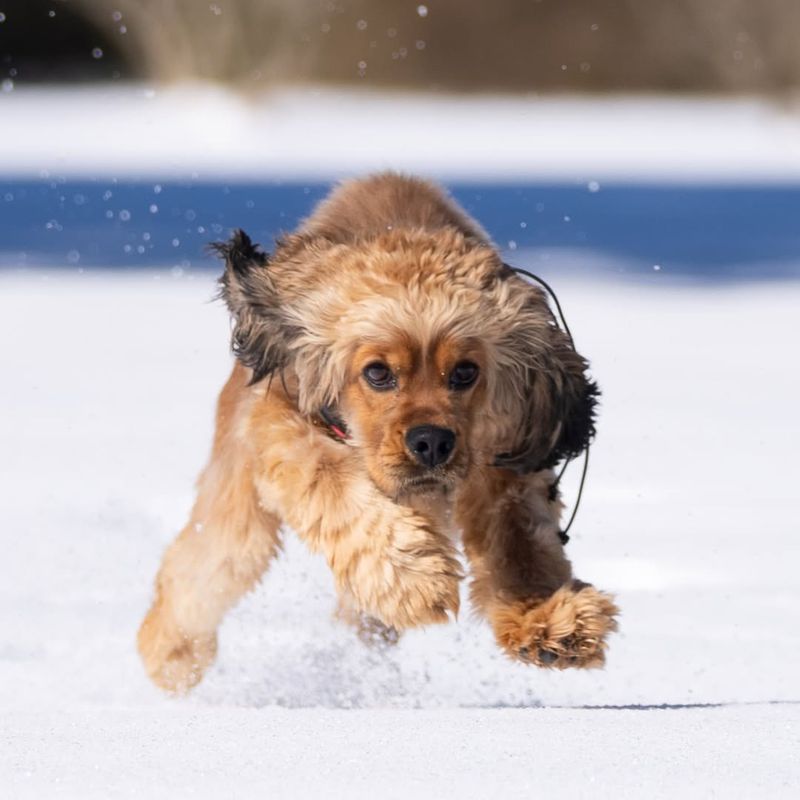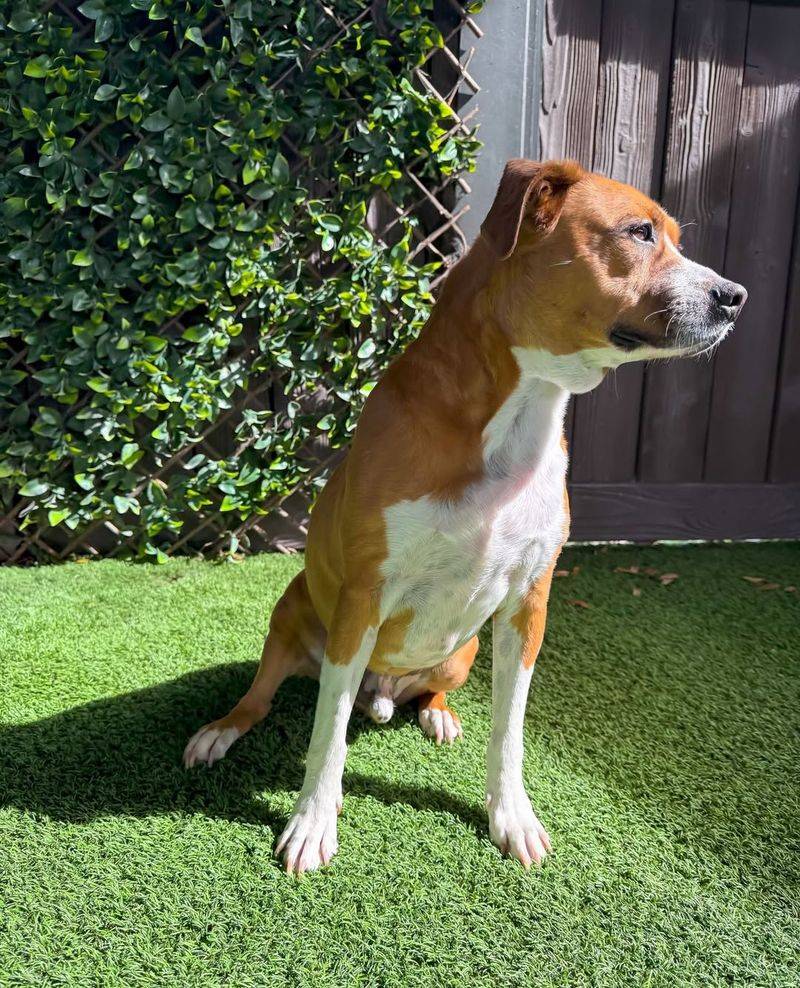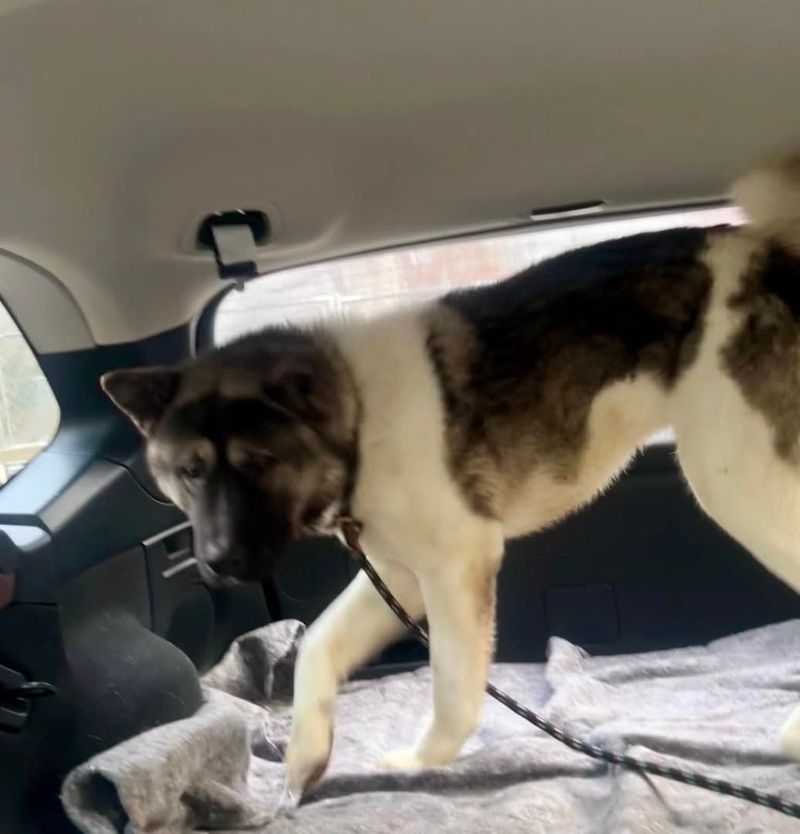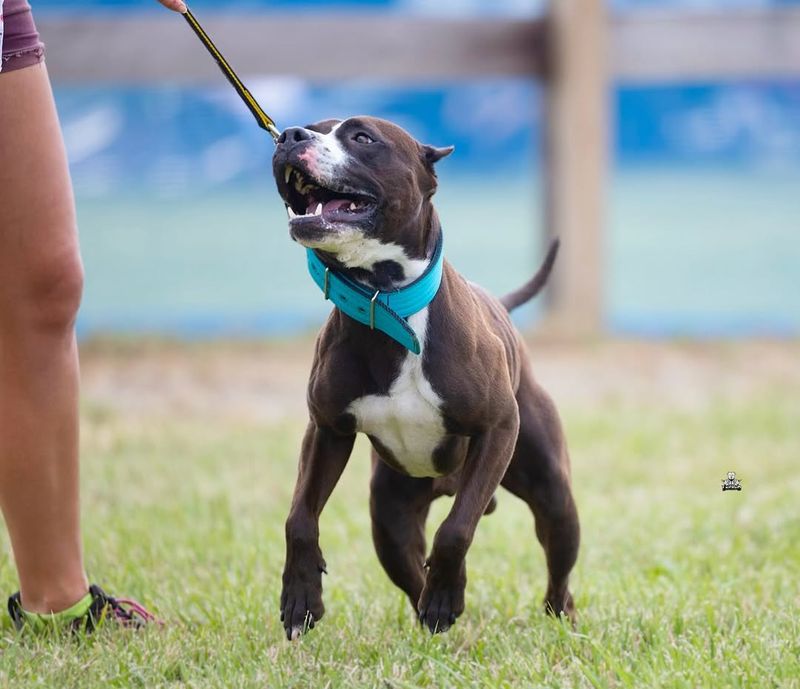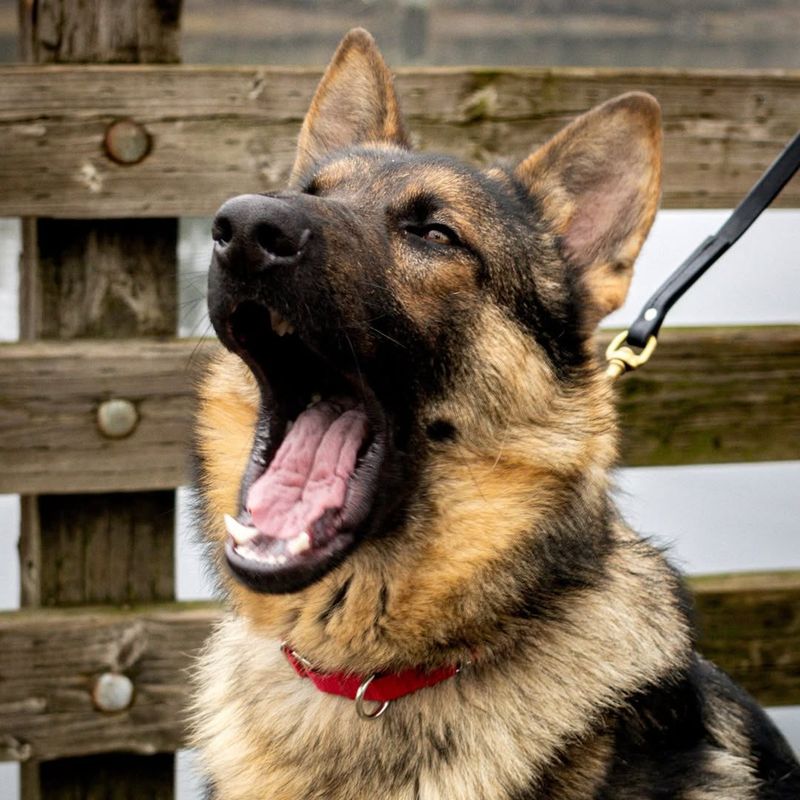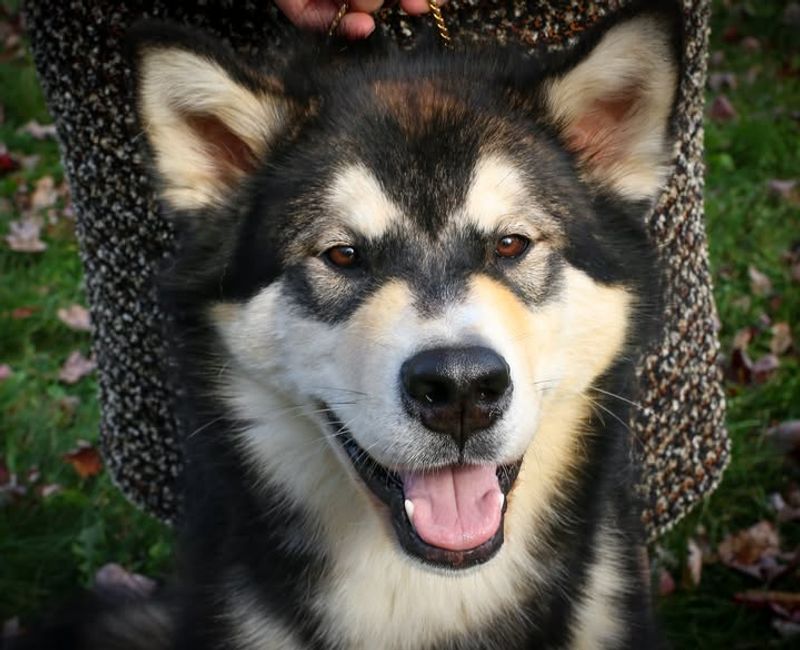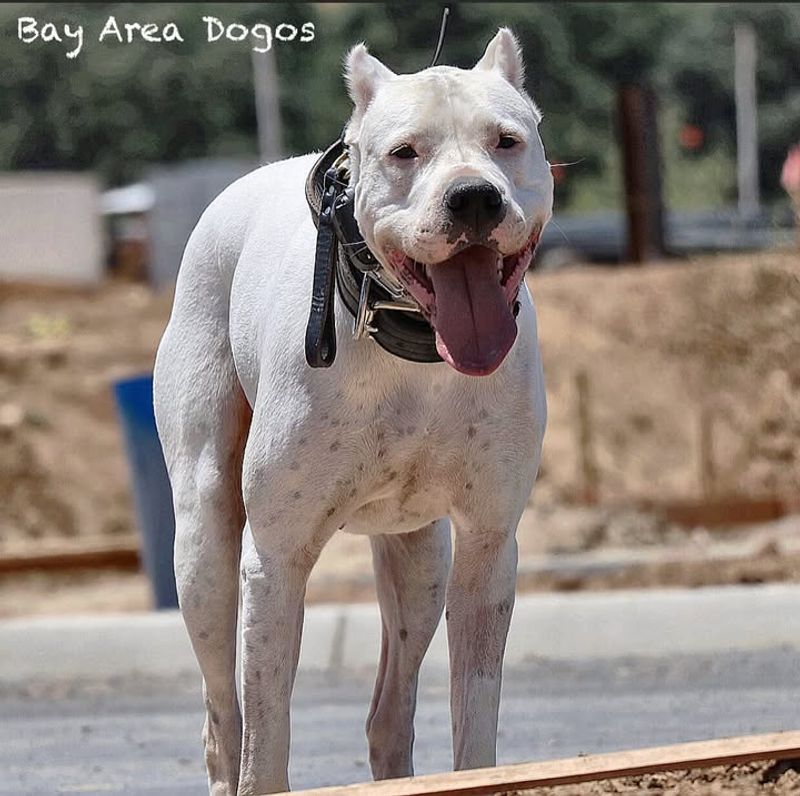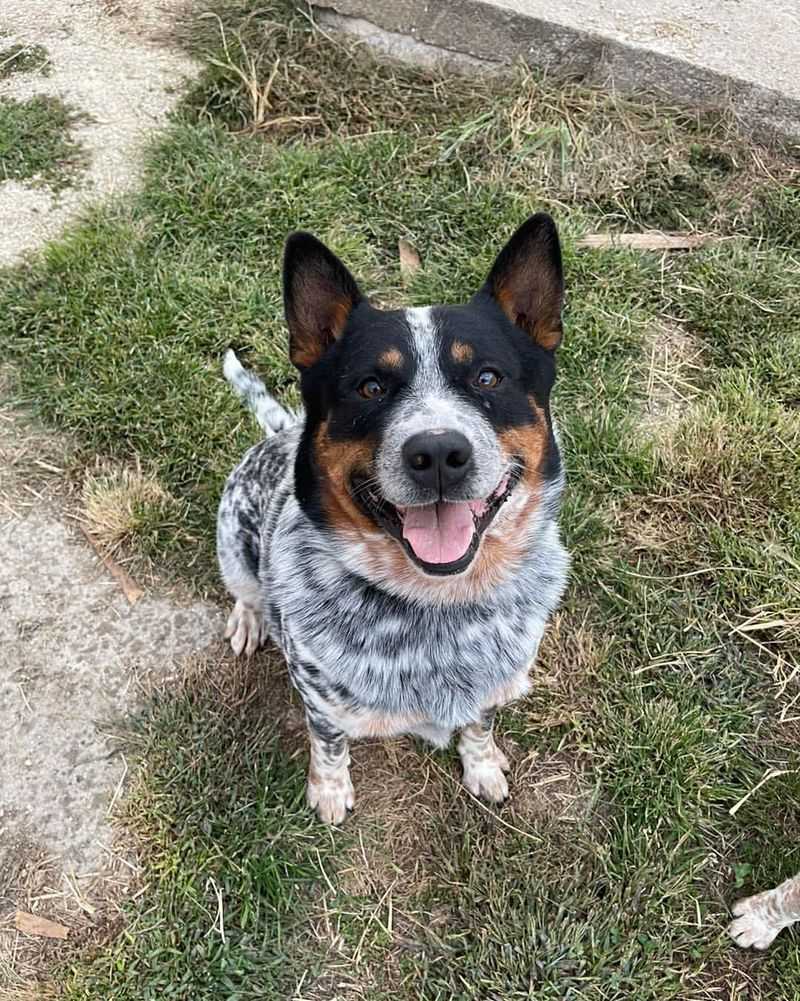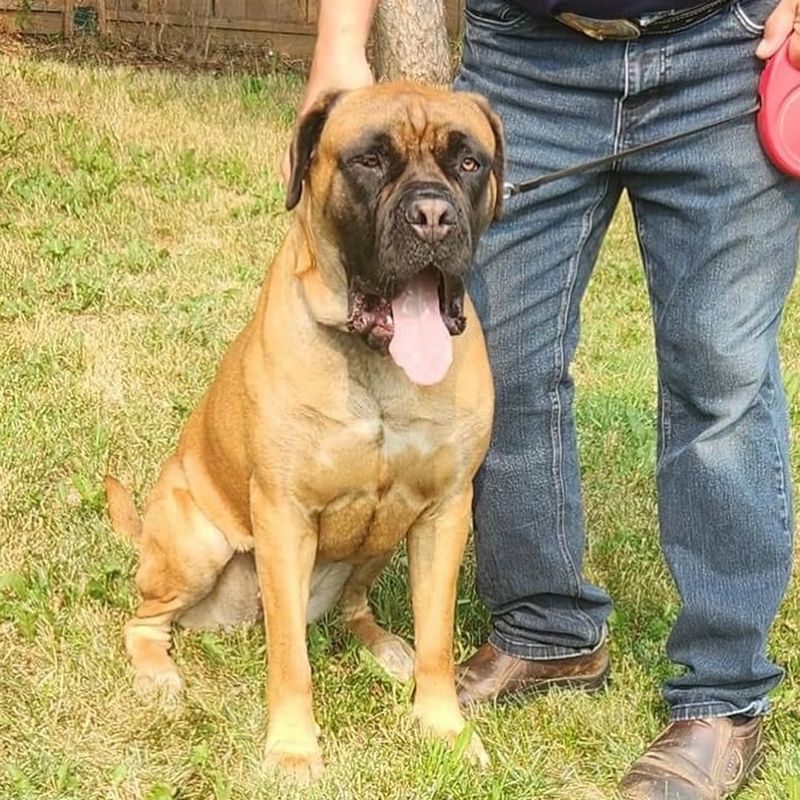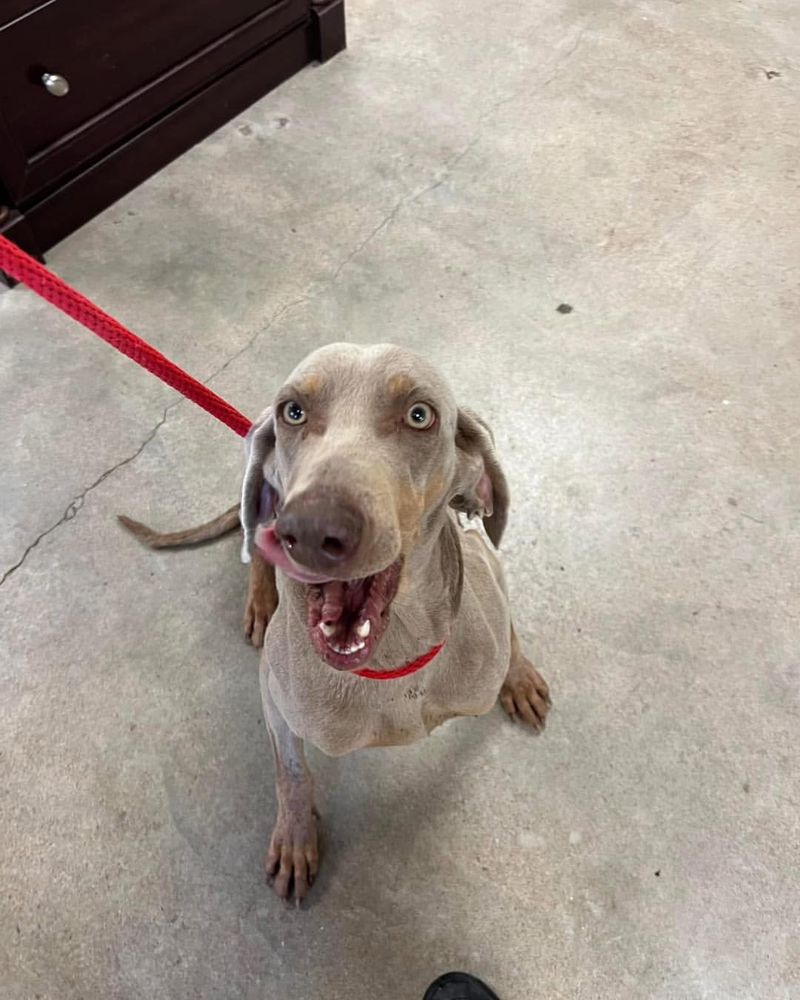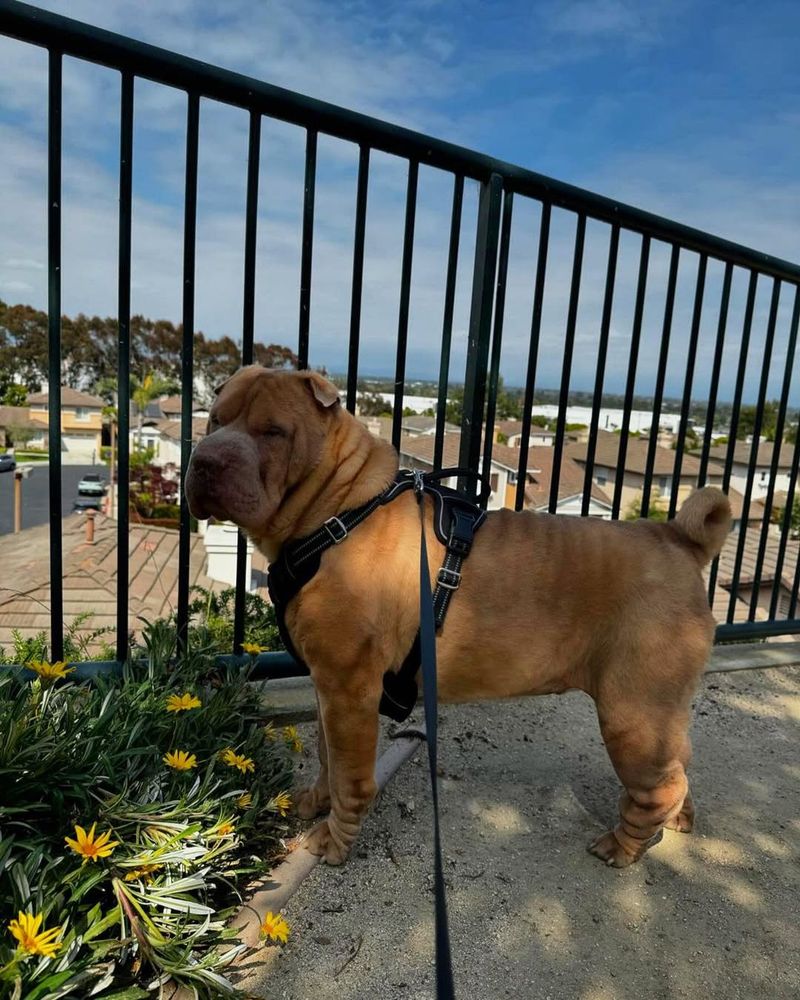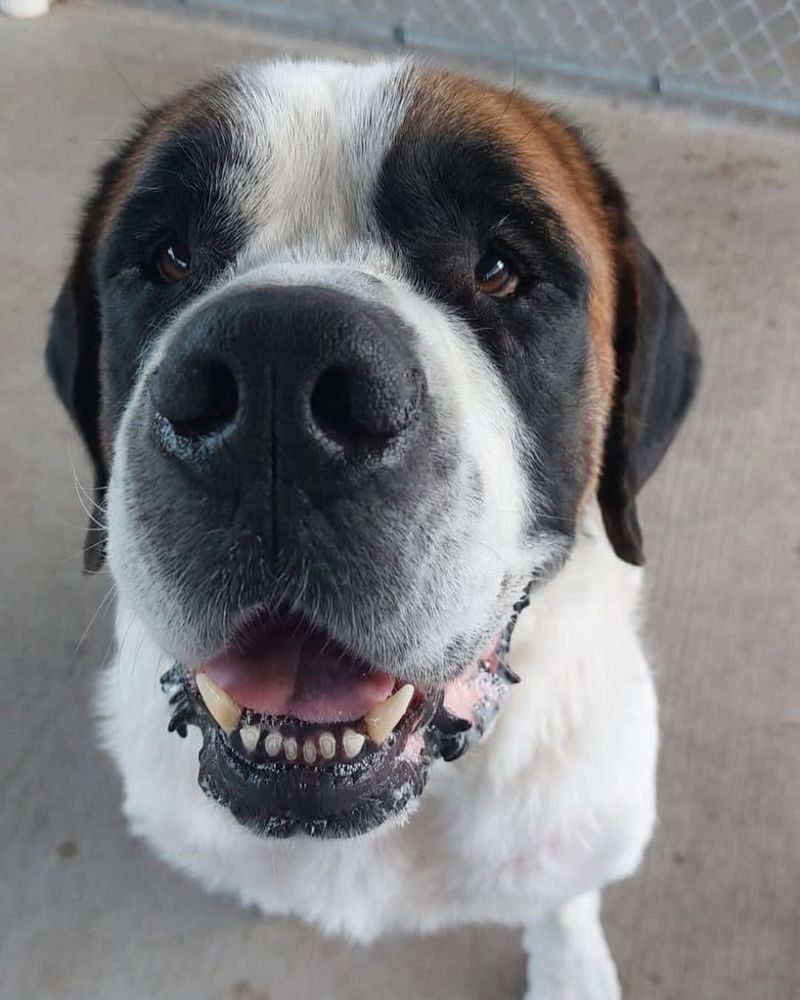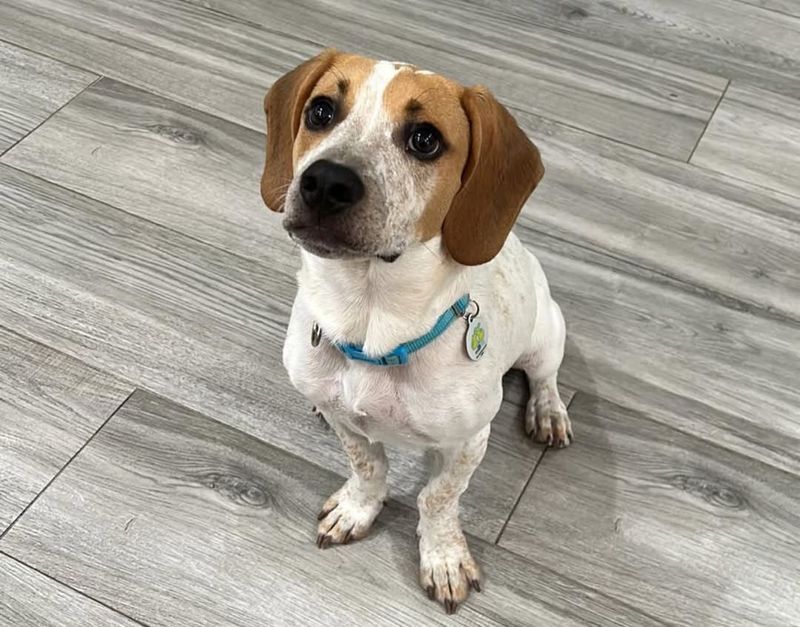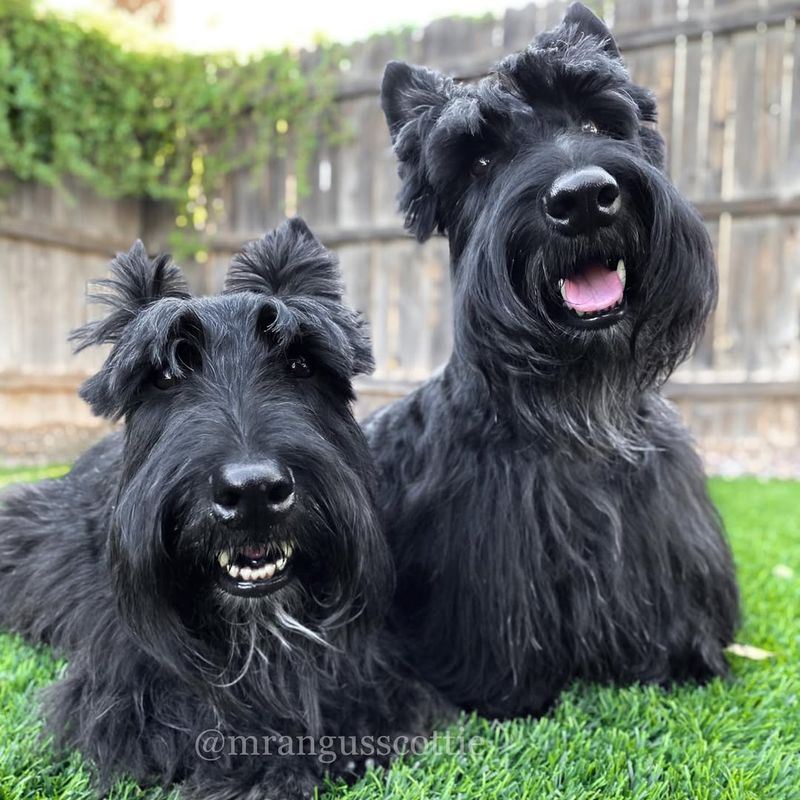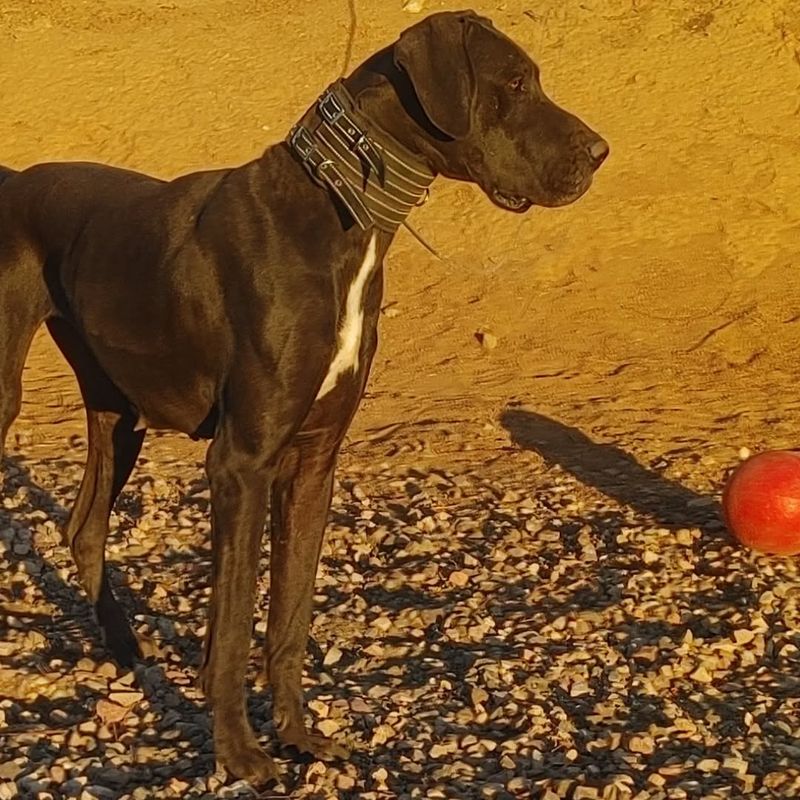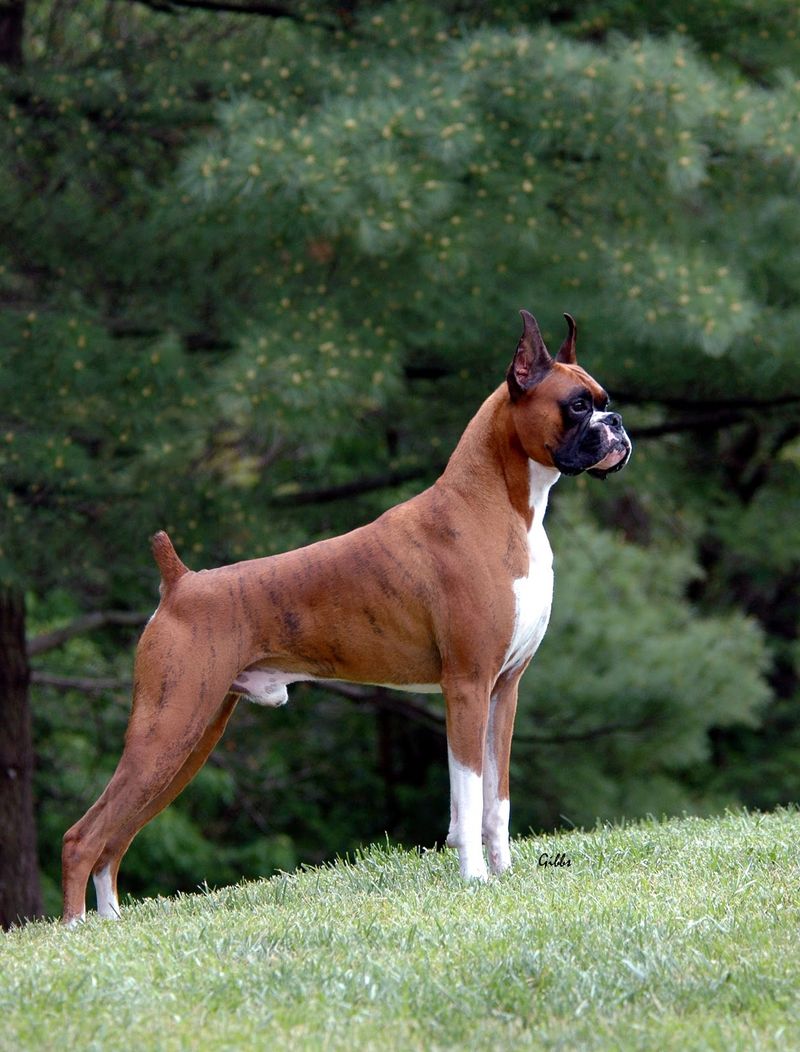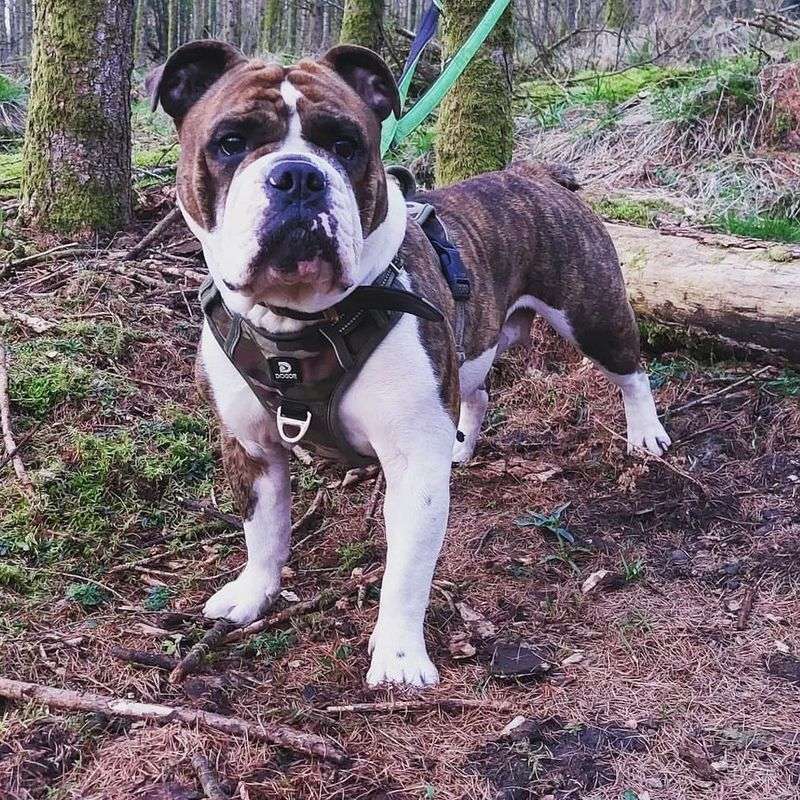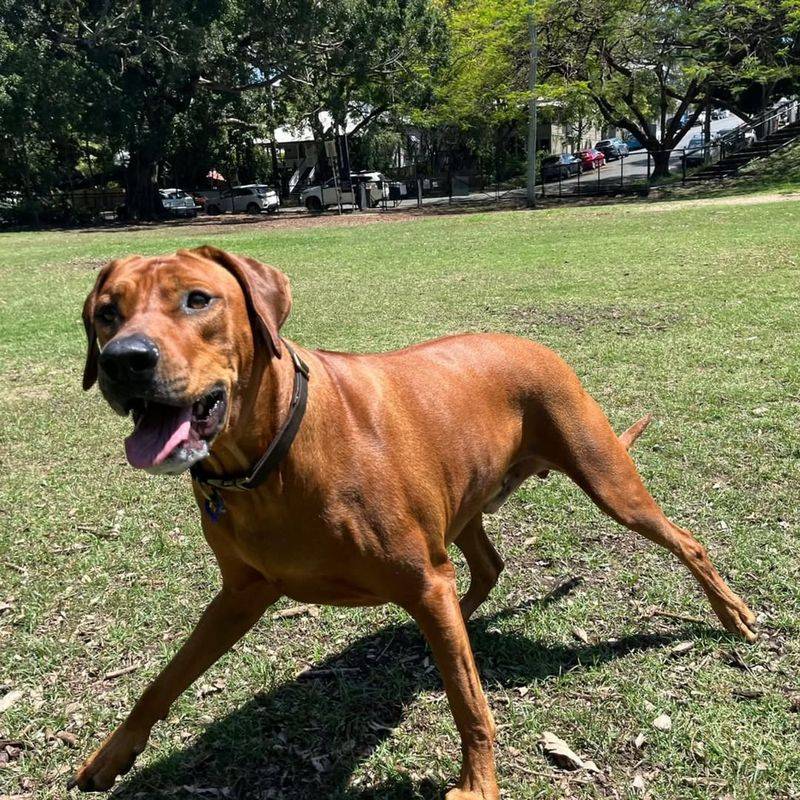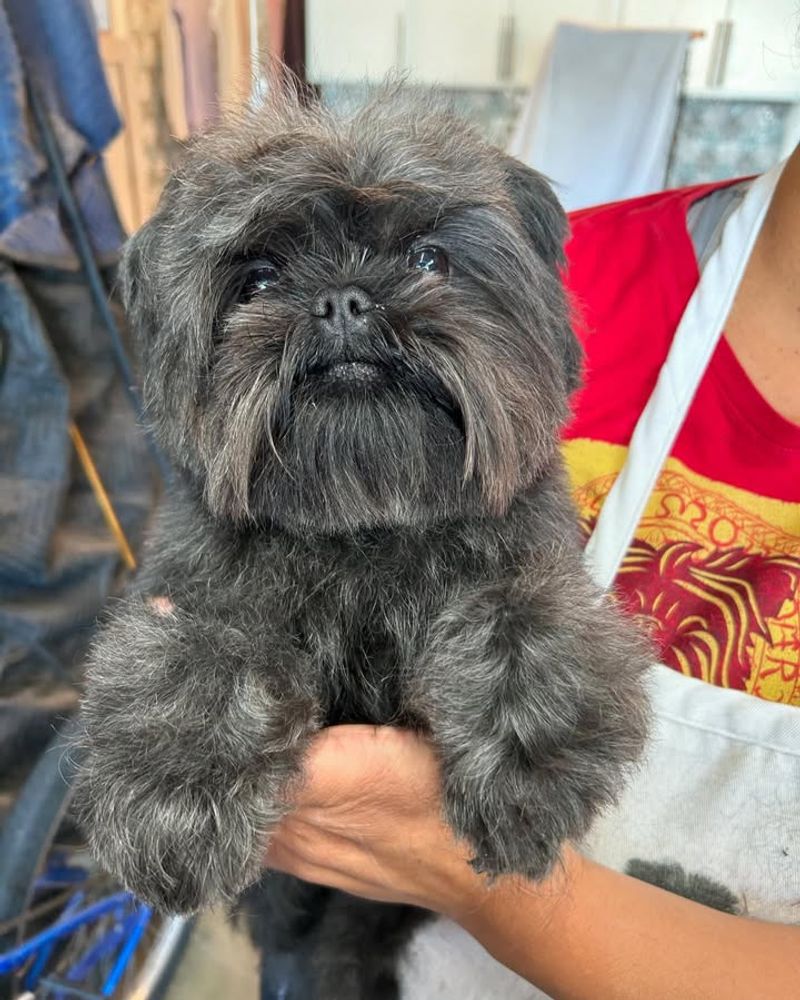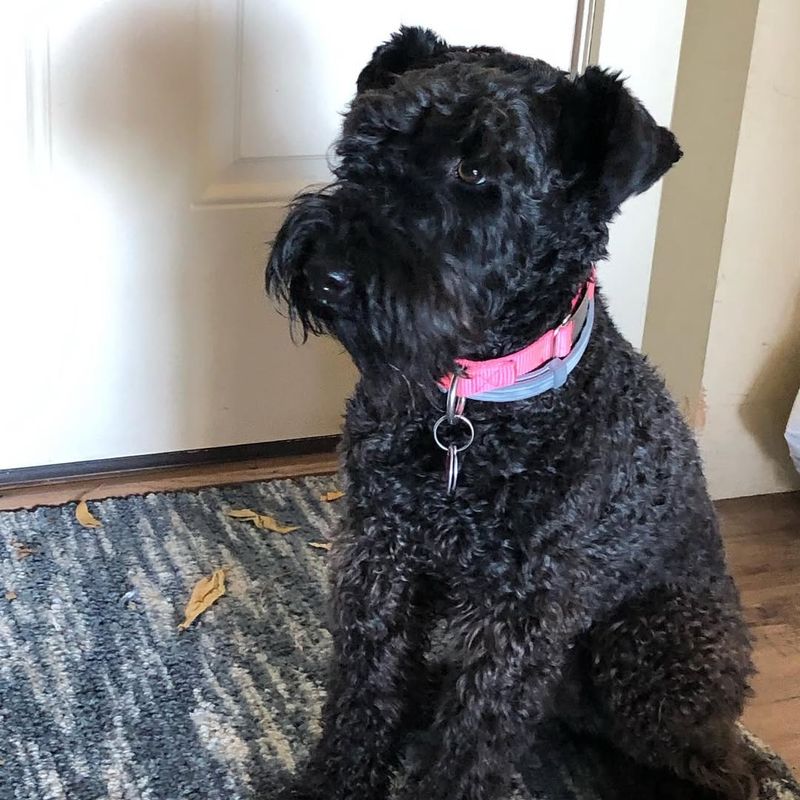Dogs are often celebrated as loyal companions, but understanding breed-specific behaviors is crucial for potential and existing dog owners. Some breeds have a documented history of owner-directed aggression, which can be influenced by various factors including genetics, training, and socialization. This list explores 27 dog breeds known for such behavior, providing insights into their characteristics and offering guidance for responsible ownership.
Chow Chow
Chow Chows are known for their lion-like mane and aloof nature. Historically bred for guarding, they possess a dignified yet independent demeanor. While loyal to their families, they can exhibit stubbornness.
This breed often forms a strong bond with one person but may be wary of strangers. Proper socialization from a young age helps mitigate potential aggression.
Owners should provide consistent training and clear boundaries. An experienced handler is recommended due to their strong-willed nature. Chow Chows thrive in environments where they feel secure and respected.
Rottweiler
Rottweilers are powerful dogs with a reputation for being protective. They are loyal to their families but require responsible ownership to manage their strong guarding instincts.
Proper training and socialization are crucial to prevent aggressive behaviors. Rottweilers are intelligent and respond well to positive reinforcement training methods.
An ideal Rottweiler owner is confident and knowledgeable about dog behavior. These dogs thrive in homes where they have a clear role and purpose, reducing their tendency towards owner-directed aggression.
Doberman Pinscher
Doberman Pinschers are renowned for their loyalty and intelligence. Originally bred for protection, they possess a keen sense of duty to their families.
They require regular mental and physical stimulation to prevent boredom-related aggression. Early socialization and consistent training are essential.
These dogs are suited to experienced owners who can provide structure and leadership. A well-adjusted Doberman is a loving companion, but one should be aware of their protective instincts. Their environment should be calm and nurturing.
Dalmatian
Dalmatians are energetic and intelligent, famed for their unique spotted coats. Originally coach dogs, they have a strong instinct to guard and protect.
Their high energy levels require ample exercise to prevent behavioral issues like aggression. Socialization from an early age helps them adapt to various environments.
Dalmatians can be territorial, so training should focus on positive reinforcement. They thrive in active families that can match their energy and provide mental challenges. Understanding their needs reduces the risk of aggression.
Cocker Spaniel
Cocker Spaniels are known for their gentle appearance, but their history includes traits of owner-directed aggression. They are sensitive and require gentle handling.
These dogs often form strong attachments to their families and can become protective. Early socialization and consistent training help mitigate aggressive tendencies.
Cocker Spaniels thrive in loving environments where they feel part of the family. They’re best suited for owners who understand their emotional needs and can provide a stable, nurturing home. Proper care ensures a happy, well-adjusted companion.
Jack Russell Terrier
Jack Russell Terriers are spirited and intelligent, known for their high energy levels. Bred for fox hunting, they have strong prey drives and independence.
Their intelligence can lead to owner-directed aggression if not properly trained and socialized. Owners need to provide consistent mental and physical challenges.
These Terriers require firm, positive leadership to channel their energy constructively. Suitable for active households, they thrive with owners who appreciate their lively nature. Understanding their instincts reduces potential aggression, making them delightful companions.
Akita Inu
Akita Inus are noble and dignified, with a reputation for being independent. They were originally bred in Japan for hunting and protection.
This breed is known for its loyalty but can exhibit dominant behaviors. Early socialization and training are crucial to prevent aggression towards owners.
Akitas require experienced owners who can provide firm and loving guidance. They thrive in environments where they feel respected and understood. Proper management ensures a harmonious relationship, showcasing their loyalty and strength without aggression.
American Pit Bull Terrier
American Pit Bull Terriers are often misunderstood due to their history. They are strong, intelligent, and loyal dogs that require responsible ownership.
With proper training and socialization, they can be loving family members. Their strength and tenacity mean they need confident handlers.
Pit Bulls thrive when given clear boundaries and positive reinforcement training. They excel in homes where they are valued and understood, reducing the risk of aggression. Responsible ownership reveals their affectionate and devoted nature.
German Shepherd
German Shepherds are highly intelligent and versatile, often employed in police and military roles. They are known for their loyalty and protective nature.
Owner-directed aggression can occur without proper training and socialization. They require a structured environment with clear roles.
These dogs excel with experienced owners who can provide leadership and mental stimulation. German Shepherds thrive in homes where they feel part of a team, reducing the likelihood of aggression. Understanding their working instincts enhances their role as faithful companions.
Siberian Husky
Siberian Huskies are renowned for their endurance and friendly nature. Originally bred as sled dogs, they possess a strong pack mentality and independence.
While generally good-natured, they can exhibit stubbornness. Early training and socialization are essential to manage potential aggression.
Huskies require active lifestyles and mental challenges to keep them engaged. Owners should provide consistent guidance and boundaries. They thrive in environments where their adventurous spirit and need for companionship are embraced, reducing aggressive tendencies.
Alaskan Malamute
Alaskan Malamutes are strong and independent, historically bred for sled pulling in harsh conditions. They require assertive leadership and proper training.
Owner-directed aggression can occur if they feel challenged or lack structure. Early socialization is key to fostering a cooperative relationship.
Malamutes thrive in environments where they have clear roles and plenty of physical activity. Experienced owners who understand their needs will find them to be loyal and affectionate companions. Proper management reveals their gentle nature and mitigates aggression.
Dogo Argentino
Dogo Argentinos are strong and courageous, originally bred for hunting big game. Their protective instincts require responsible ownership and training.
Aggression can arise without proper guidance and socialization. They need experienced handlers who can provide clear leadership and boundaries.
These dogs excel in active households where they feel secure and valued. Understanding their instincts and providing positive reinforcement reduces aggressive tendencies. When appropriately managed, they reveal their loyal and gentle nature, becoming cherished family members.
Australian Cattle Dog
Australian Cattle Dogs are known for their intelligence and work ethic. Bred for herding, they have strong instincts and a need for activity.
Owner-directed aggression can result from boredom or lack of leadership. Consistent training and mental stimulation are essential.
These dogs do well in environments where they have a job to do. They thrive with owners who appreciate their energetic nature and can provide proper outlets. Understanding their herding instincts reduces the risk of aggression, fostering a strong bond between dog and owner.
Bullmastiff
Bullmastiffs are gentle giants known for their protective instincts. Originally bred to guard estates, they require consistent training and socialization.
Owner-directed aggression can occur if boundaries are unclear. Positive reinforcement and firm leadership help mitigate these tendencies.
They thrive in homes where they feel part of the family. Their loyal and affectionate nature shines when they are provided with structure and understanding. Experienced owners who respect their protective instincts will find them to be devoted companions.
Chihuahua
Chihuahuas are small but possess powerful personalities. Known for their loyalty, they can develop owner-directed aggression if not properly trained.
These dogs often bond closely with one person and may become possessive. Early socialization and positive reinforcement reduce aggressive behaviors.
Chihuahuas do well in loving households where they receive attention and care. They need owners who can provide gentle guidance and set boundaries. Understanding their temperament leads to a harmonious relationship, revealing their affectionate side without aggression.
Weimaraner
Weimaraners are energetic and intelligent, originally bred for hunting. They require ample exercise and mental stimulation to prevent owner-directed aggression.
These dogs thrive with consistent training and clear boundaries. Socialization from an early age helps them adapt to various situations.
Weimaraners excel in active families that understand their needs. They need owners who can provide leadership and opportunities for physical activities. Proper management ensures a well-adjusted companion, showcasing their loyal and affectionate nature.
Shar Pei
Shar Peis are known for their distinctive wrinkles and history as guard dogs. They can be independent and exhibit owner-directed aggression without proper guidance.
Early socialization and training are crucial to mitigate aggressive tendencies. They require firm yet gentle leadership to feel secure.
These dogs thrive in environments where they have clear boundaries and respect. Owners who appreciate their unique nature and provide structured routines will find them loyal companions. Understanding their temperament reduces the risk of aggression.
Saint Bernard
Saint Bernards are known for their gentle and friendly nature, but they require proper training to prevent owner-directed aggression.
These dogs are large and strong, needing consistent leadership and socialization from an early age.
They thrive in families that provide structure and love. With the right guidance, they become loyal and devoted companions. Understanding their needs and providing proper care ensures a well-adjusted Saint Bernard, revealing their affectionate side without aggression. They are best suited for owners who appreciate their gentle giant nature.
Beagle
Beagles are friendly and curious, known for their excellent sense of smell. While typically good-natured, they can exhibit owner-directed aggression without proper training.
These dogs require mental stimulation and boundaries to prevent behavioral issues. Early socialization helps them adapt to different environments.
Beagles thrive in active families that understand their instincts and provide leadership. With the right care, they become loyal and affectionate companions. Responsible ownership reveals their playful nature, reducing the risk of aggression and fostering a strong bond.
Scottish Terrier
Scottish Terriers are independent and confident, originally bred for hunting. They can exhibit owner-directed aggression without proper training and boundaries.
These dogs need firm yet gentle leadership to understand their role in the family. Early socialization is essential to prevent aggressive behaviors.
Scottish Terriers thrive in homes where they are respected and given a purpose. Experienced owners who appreciate their unique traits will find them to be loyal companions. Understanding their temperament reduces the risk of aggression, revealing their affectionate nature.
Great Dane
Great Danes are known for their gentle demeanor but require proper training to prevent owner-directed aggression. Their large size demands consistent leadership and socialization.
These dogs need clear boundaries and positive reinforcement to thrive. Early socialization helps them adjust to various environments.
Great Danes do well in families that provide love and structure. With the right care, they become loyal and affectionate companions. Understanding their needs and providing proper care ensures a well-balanced Great Dane, reducing the risk of aggression.
Boxer
Boxers are playful and energetic, known for their boundless enthusiasm. Without proper training, they can exhibit owner-directed aggression.
These dogs require firm leadership and consistent boundaries to channel their energy positively. Early socialization is key to preventing behavioral issues.
Boxers thrive in active families that appreciate their zest for life. Experienced owners who provide structure will find them to be affectionate and loyal companions. Proper management ensures they reveal their playful nature without aggression, fostering a strong bond between dog and owner.
English Bulldog
English Bulldogs are known for their relaxed demeanor, but they require proper training to prevent owner-directed aggression.
These dogs need consistent leadership and boundaries to feel secure. Early socialization helps them adapt to different environments.
Bulldogs thrive in families that provide love and structure. With the right care, they become loyal and affectionate companions. Understanding their needs and providing proper care ensures a well-adjusted Bulldog, revealing their gentle nature without aggression.
Rhodesian Ridgeback
Rhodesian Ridgebacks are strong and independent, originally bred for hunting. They require assertive leadership and proper training to prevent owner-directed aggression.
These dogs need early socialization and clear boundaries to feel secure. Experienced owners who understand their nature will find them loyal companions.
Ridgebacks thrive in environments where they have a purpose and respect. Proper management reveals their affectionate side, reducing the risk of aggression. They are best suited for owners who can provide the structure and care they need.
Basset Hound
The Basset Hound, renowned for its droopy ears and soulful eyes, is often associated with a laid-back demeanor. However, beneath this relaxed facade lies a history of stubbornness and occasional aggression. Owners have reported instances where these dogs, when pushed beyond their comfort zones, exhibit unexpected aggression.
Training is key, focusing on patience and consistency. Potential owners should be prepared for the Basset’s independent streak, which can sometimes manifest as resistance. Understanding the breed’s needs and respecting their space can mitigate tension.
Ultimately, with proper guidance, these dogs can be both loving and loyal companions.
Affenpinscher
The Affenpinscher, with its monkey-like face and spunky attitude, is a small breed with a big personality. Despite their size, they are known for being protective and sometimes aggressive.
Their high intelligence means they require both mental and physical stimulation. Without it, these little dogs can become frustrated, leading to unwanted behaviors. Socialization from a young age is essential to curb their aggressive tendencies.
Living in an urban environment suits them, as long as they receive ample interaction. With attentive care and training, the Affenpinscher can be a delightful and entertaining pet.
Kerry Blue Terrier
Kerry Blue Terriers, known for their distinctive curly coat, are spirited and energetic companions. Their strong-willed nature can sometimes lead to owner-directed aggression, particularly if they feel threatened or challenged.
Maintaining a firm yet loving approach in training is crucial. These terriers thrive in environments where they feel secure and understood. Known for their loyalty, they are also highly protective, which can sometimes be misinterpreted as aggression.
Ensuring they have ample space and opportunities to exercise can help reduce incidents. With the right environment, Kerry Blues are affectionate and devoted pets.
